Value of Your Home: Insights from Listing Agents
Challenges in Pricing Your Home: Finding the Right Balance
Pricing a home correctly is a crucial task for any listing agent, involving careful analysis and consideration. Setting the right price is a balancing act – too high, and the property may languish on the market, leading to eventual price reductions that could be more significant than if priced correctly at the outset. For instance, an initial listing price of $1,500,000 might have to be dropped below the agent’s recommended $1,400,000 to attract interest, potentially to $1,350,000. This reduction not only impacts the market appeal but also weakens the seller’s negotiating position. Conversely, undervaluing a property results in lost revenue. A competent real estate agent will usually provide a price range rather than a fixed figure, considering the seller’s timeline and the property’s condition.
The Fallacy of Online Valuation Tools: Why Zestimates Don’t Work
Online valuation tools like Zillow’s Zestimate can be misleading for homeowners. These tools should be used cautiously and only to gauge market trends, not to set a property’s selling price. Unlike local realtor websites, which are mandated to update listings regularly, platforms like Zillow often display outdated information, leading to inaccurate valuations.
Beware of Overpromising Agents: The Reality of Listing Price Estimates
When selecting a listing agent, caution is advised if one agent’s valuation significantly exceeds others. This discrepancy could indicate a tactic to secure a listing by overestimating the property’s value, a practice known as “buying” a listing. This strategy is generally counterproductive, leading to price adjustments down the line to align with the market.
The Importance of Listening to Your Listing Agent
Trusting your listing agent is vital. They understand market dynamics and are better positioned to set a realistic price for your property. Overestimating a property’s value does not translate to higher offers; the market ultimately dictates the price. Remember, a property must also appraise at the agreed price, a factor beyond the control of agents and sellers.
The Valuation Process: How Listing Agents Assess Property Value
The process of determining a property’s value goes beyond simple online estimates. Listing agents typically conduct a thorough examination of the property, considering unique features and upgrades. This is particularly true in areas with diverse property types, such as mountain regions or luxury markets, where each property has distinct characteristics. After evaluating the property, agents research comparable sales in the vicinity, adjusting for differences to arrive at an accurate value. This nuanced approach is something algorithms like Zestimates cannot replicate, emphasizing the importance of a knowledgeable listing agent’s assessment.
FAQ: Understanding Home Valuation and Listing Strategies
1. Why is it important to price my home correctly when listing it for sale?
Accurate Pricing for Successful Selling Pricing your home correctly from the start is essential for a successful sale. Overpricing can lead to a stagnant listing, reducing interest from potential buyers. This initial period is crucial as it attracts the most attention. Overpriced homes often require price reductions, which not only prolongs the selling process but may result in selling at a lower price than if priced correctly initially. This can also create an impression that there are underlying issues with the property.
The Psychological Impact on Buyers Furthermore, strategic pricing plays a psychological role in attracting buyers. A well-priced home can generate competitive offers, potentially leading to a better sale outcome. It’s essential to consider market trends, comparable property prices, and the unique features of your home. Collaborating with an experienced listing agent can help in setting a realistic and competitive price, balancing market expectations with your selling goals.
2. How do online valuation tools like Zestimates compare to a real estate agent’s valuation?
Limitations of Online Valuation Tools Online valuation tools, such as Zestimates, provide a general idea of your home’s value based on algorithms and available data. However, these tools often lack the ability to accurately assess unique features, recent upgrades, and local market trends. They can’t evaluate subjective aspects like curb appeal or interior design, which can significantly influence a home’s value.
The Expertise of a Real Estate Agent In contrast, a real estate agent’s valuation is grounded in a deep understanding of the local market and personal inspection of your property. Agents consider factors like recent comparable sales, neighborhood dynamics, and specific attributes of your home. This personalized approach leads to a more accurate and realistic valuation, essential for setting a competitive and fair listing price.
3. What should I do if my listing agent suggests a lower price than I expected?
Understanding Market Realities If your listing agent recommends a lower price than you expected, it’s crucial to understand the rationale behind this suggestion. Agents use comprehensive market analyses and their expertise to determine a price that reflects current market conditions. Overpricing can lead to extended time on the market and eventual price reductions.
The Importance of Trust and Communication Trust and open communication with your agent are vital. Discuss your expectations and concerns, and let the agent explain their reasoning. They aim to achieve the best possible outcome within the realities of the market. It’s often beneficial to heed their advice, as they are equipped with insights and experience in the real estate market.
4. Can I set a high listing price and then lower it if I don’t get offers?
Risks of Overpricing Setting an initially high listing price with the intention of lowering it later can be a risky strategy. It may deter potential buyers who perceive the property as out of their price range, leading to less interest and fewer offers. This approach can also result in the property sitting on the market for an extended period, which can be seen as a red flag by buyers.
The Impact on Sale Outcomes Extended time on the market often necessitates significant price reductions, possibly resulting in a final sale price lower than if the home were priced correctly initially. It’s better to price the home accurately based on market conditions and comparable sales, enhancing its appeal to a broader range of potential buyers and increasing the likelihood of a timely and profitable sale.
5. How does a real estate agent determine the right price range for my home?
Comprehensive Market Analysis A real estate agent determines the right price range for your home through a comprehensive market analysis. This analysis includes examining comparable recent sales in your area, understanding current market trends, and considering the unique features and condition of your home. Factors such as location, size, upgrades, and market demand play a crucial role in this assessment.
Balancing Factors for Optimal Pricing The agent balances these factors to suggest a price range that maximizes your profit while ensuring the property is attractive to buyers. The suggested range often depends on your selling timeline and market dynamics. A good agent will explain the reasoning behind their valuation, providing you with the insights needed to make informed decisions about your listing price.
David Clark
It's Nice to Share






































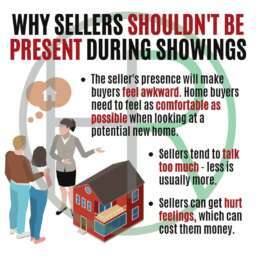




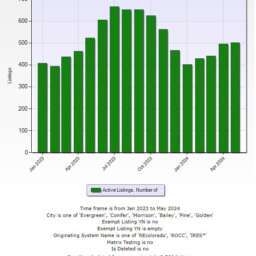


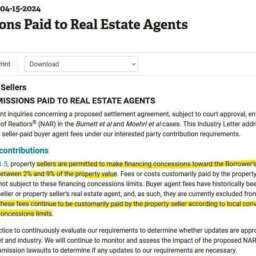
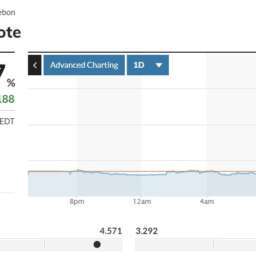

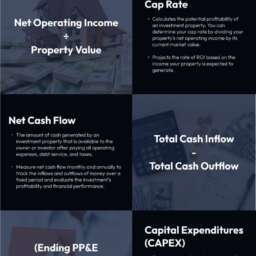


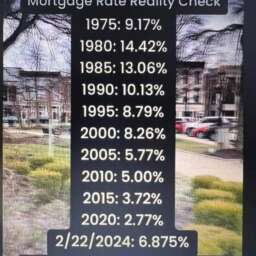
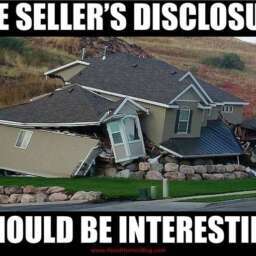

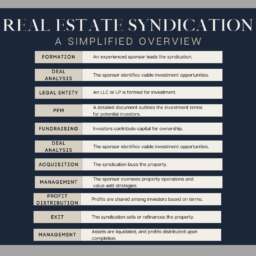
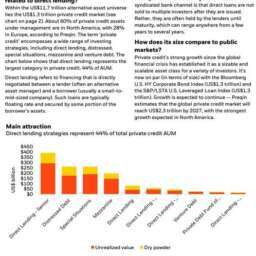
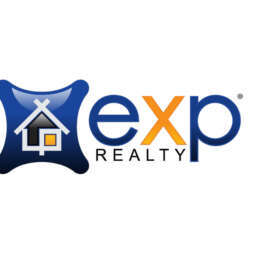


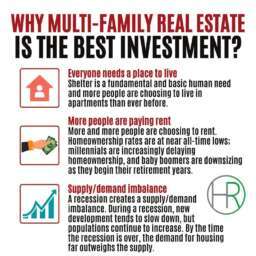
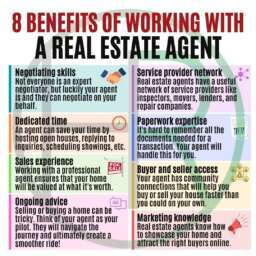
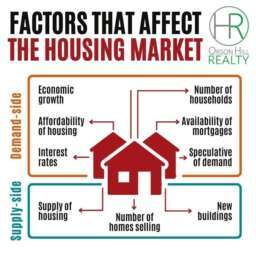
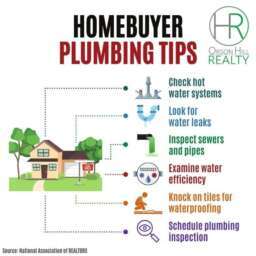
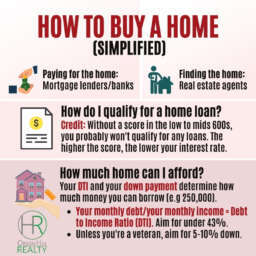
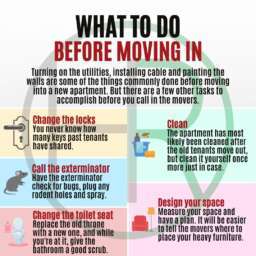
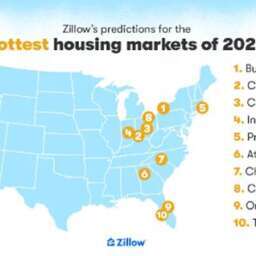


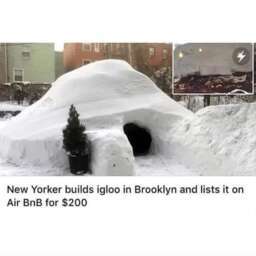
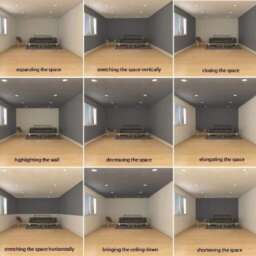


















Comment, Write a Blog Post, Create Groups, Get Seen!
Comments, Opinions and Facts Go Here...👇